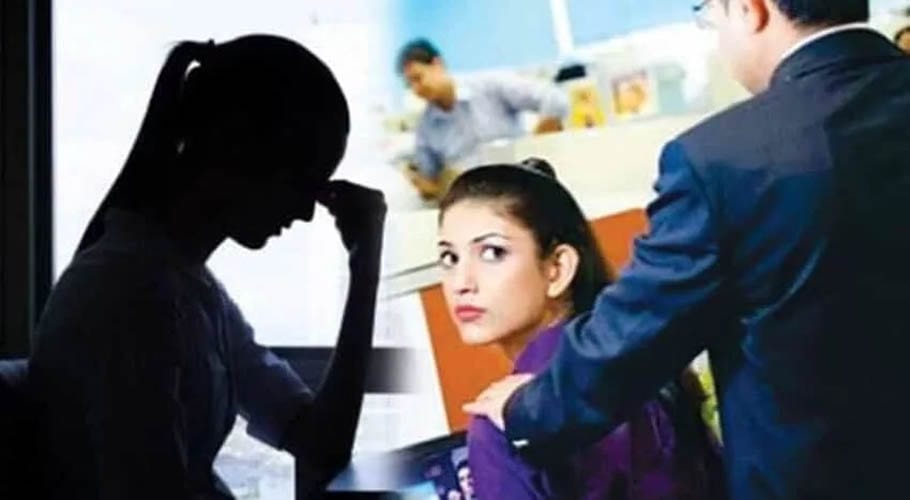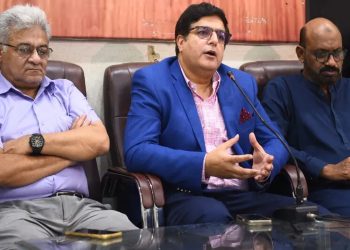There has been a steep rise in cases of sexual violence against women across the country in the past five months. The periodical report of the Sustainable Social Development Organization (SSDO) from January-September 2020 has indicated an alarming more than 200 percent increase in the cases of violence against women in Pakistan in the past five months.
The report has been compiled from the data and information collected from national and provincial dailies. However, there is a strong possibility that many crimes had been committed and not reported or misreported at various locations in the country, SSDO said.
The report mainly covers crimes regarding early child marriage, child abuse, child labor, domestic abuse, kidnapping, rape, violence against women (VAW) and murder. The report says that more than 90 percent of the incidents took place against women.
Latest incidents of sexual violence against woman
Women and girls in Pakistan face abuses including impunity for so-called “honor violence” against them, a danger on the way to school, abuses in prison, denial of care in hospitals, and sexual harassment in the workplace.
Today the woman and girls are facing one of severe issues underage marriage and sexual violence. Girls across the country are susceptible to forced underage marriage and sexual violence. Every year, several girls are pressed into marriage before they turn 18, in the country.
The number of incidents against women was doubled whereas September and October marked the highest percentage in the cases of workplace harassment, and raped cases in the country. A private bank has terminated an employee for harassing female staff in Islamabad.
Police on Saturday arrested an employee of a private bank after a video went viral on social media show him sexually harassing female staff.
In another incident, police have safely escorted three female girls working for United Nations Organization whom three suspects allegedly assaulted on their way through Sinyari Forest in Islamabad. During September and October, several gang-raped and harassment cases surfaced in the country.
Over 2800 rape cases reported in Punjab
Punjab police department has said more than 2800 rape cases reported in the province during the last nine months of the current year.
According to a report issued by the Punjab Police, the crime rate in Punjab increased by 14 percent in the province during the ongoing year as compared to the previous year. More than 328, 00 rape cases were reported in different areas of the province during the last eight months.
During the last eight months, 22 cases of ransom kidnapping and 2523 cases of rape were registered in the province. The report said that 132 cases of gang-rape were registered during the current year.
These numbers, however, do not reflect the actual scale of the problem because most cases are either not reported or are negotiated at the family level.
Legal and societal problems
Most cases go unreported because of police, legal and societal problems. We need to reform our police and justice system; train them to properly investigate and prevent crime. As long as those who are supposed to uphold and enforce the law fail to find and prosecute offenders, predators will continue to operate with impunity.
Long persisting societal norms prevalent among most ethnic groups in Pakistan treat sexual discourses as taboo; therefore, family members, or individuals themselves, would try to hide such an incident so as to not dishonor their family name.
Pakistan among world’s worst countries
Pakistan was described as “among the world’s worst-performing countries in education,” at the Oslo Summit on Education and Development. Across Pakistan, generation after generation of children, especially girls, are locked out of education—and into poverty.
Thirty-two percent of primary-school-age girls are out of school in Pakistan, compared to 21 percent of boys. By grade six, 59 percent of girls are out of school, versus 49 percent of boys.
Only 13% of girls are still in school by ninth grade. Both boys and girls are missing out on education in unacceptable numbers, but girls are worst affected.
Too many girls drop out of school prematurely, especially in low-income areas and low educational achievement for girls has negative impacts not only for them but also for their children and household, as well as for their community and society.
Thus, education being predominantly a provincial subject, the burden of the responsibility to rectify the state of education lies mostly in the federal government. The country cannot defeat its education crisis without securing at least 12 years of education for every Pakistani girl.
Empowering women and girls is crucial
In the last 20 years, moderate progress has been made to ensure the fundamental human rights of girls. However, there is still so much that needs to be done.
Empowering women and girls and promoting gender equality is crucial to accelerating sustainable development.
Ending all forms of discrimination against women and girls is not only a basic human right, but it also has a multiplier effect across all other development areas.
Financing human capital, such as education, health and nutrition, is the foundation for building a progressive foundation for human security and society.
Thus, it is high time that all of us come up with productive strategies to protect girls and young women from being subject to early marriages.
Therefore, the government must make concerted efforts to empower young women through formal education, skill enhancement and training. State institutions should work on implementing laws in letter and spirit.
Most importantly, media, civil society and Non-Governmental Organizations must play their key part in spreading awareness about the severe consequences of child marriage, illiteracy and all kinds of violence against women and girls at the grassroots level across Pakistan.
Worse yet, police themselves have been implicated in rape in Pakistan. Women and girls will not have the freedom they are entitled to – to study, work, or live – until the government does more to protect their rights.



































